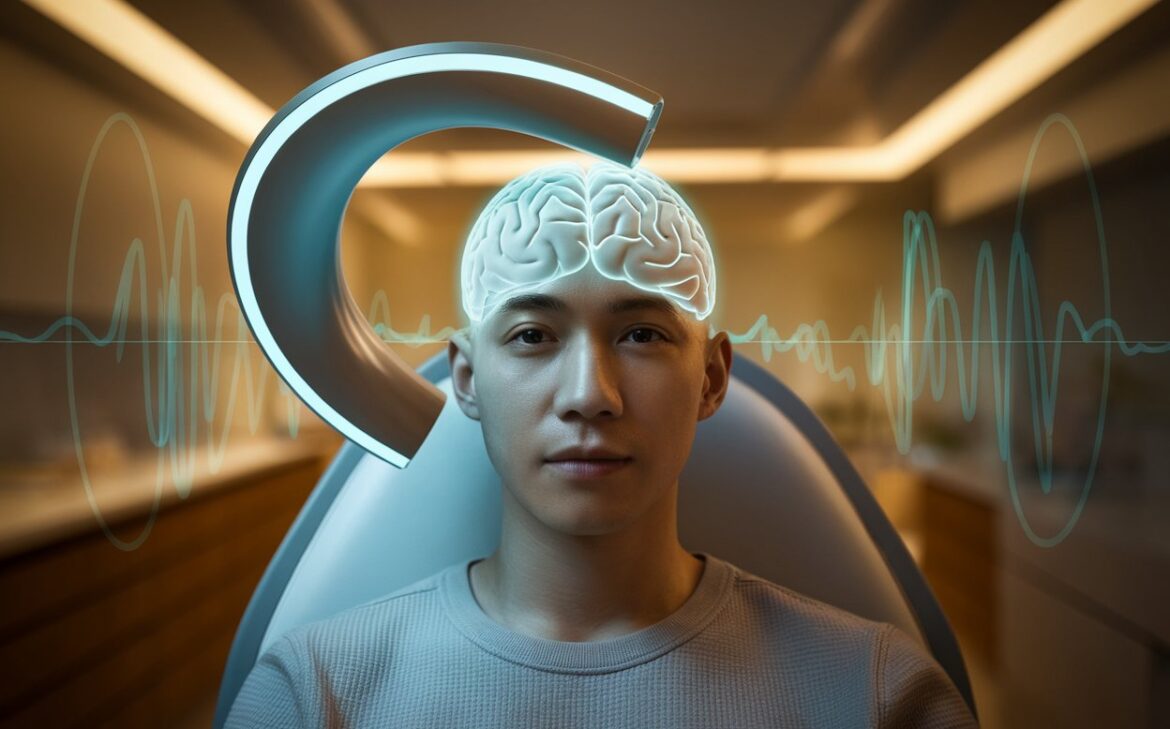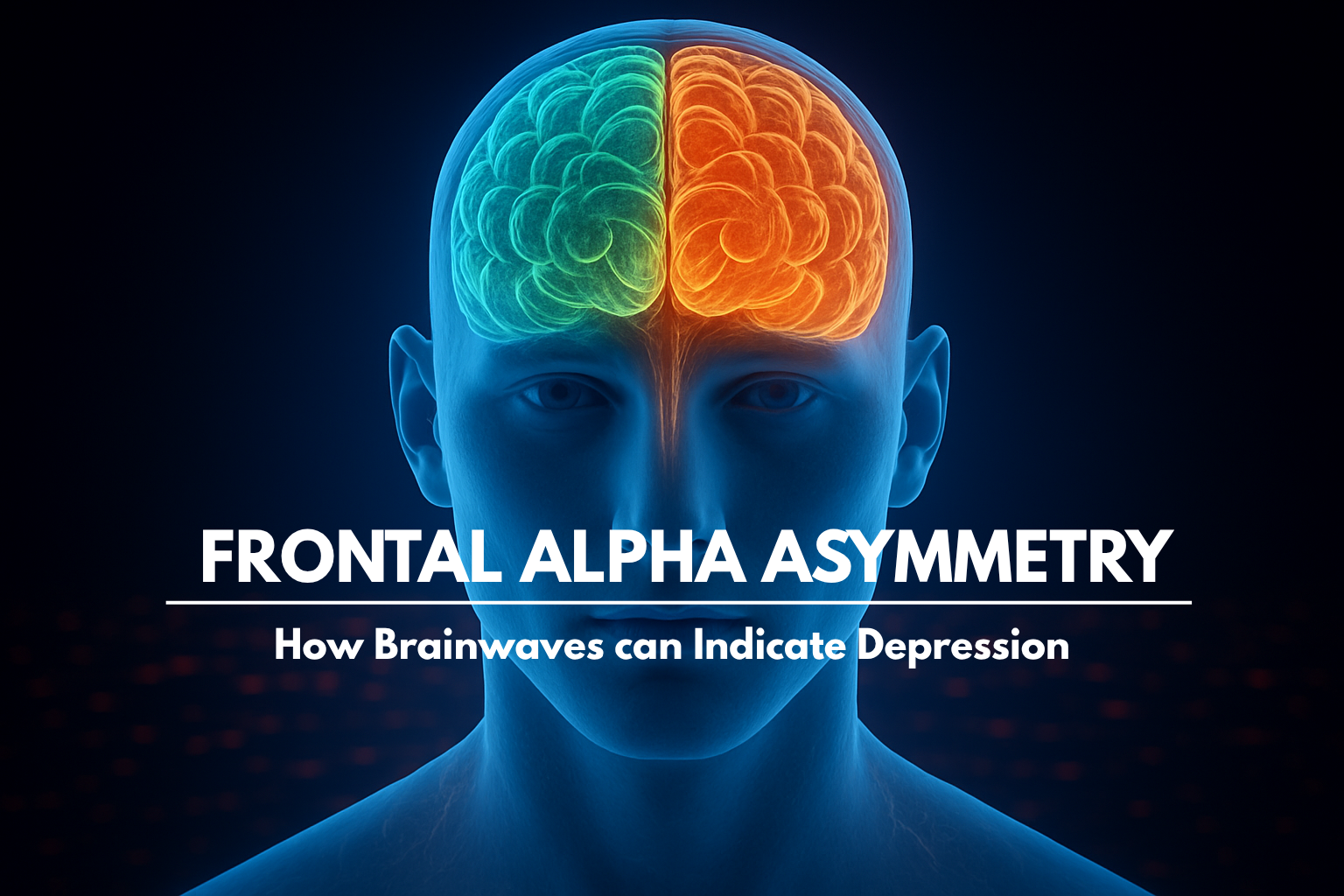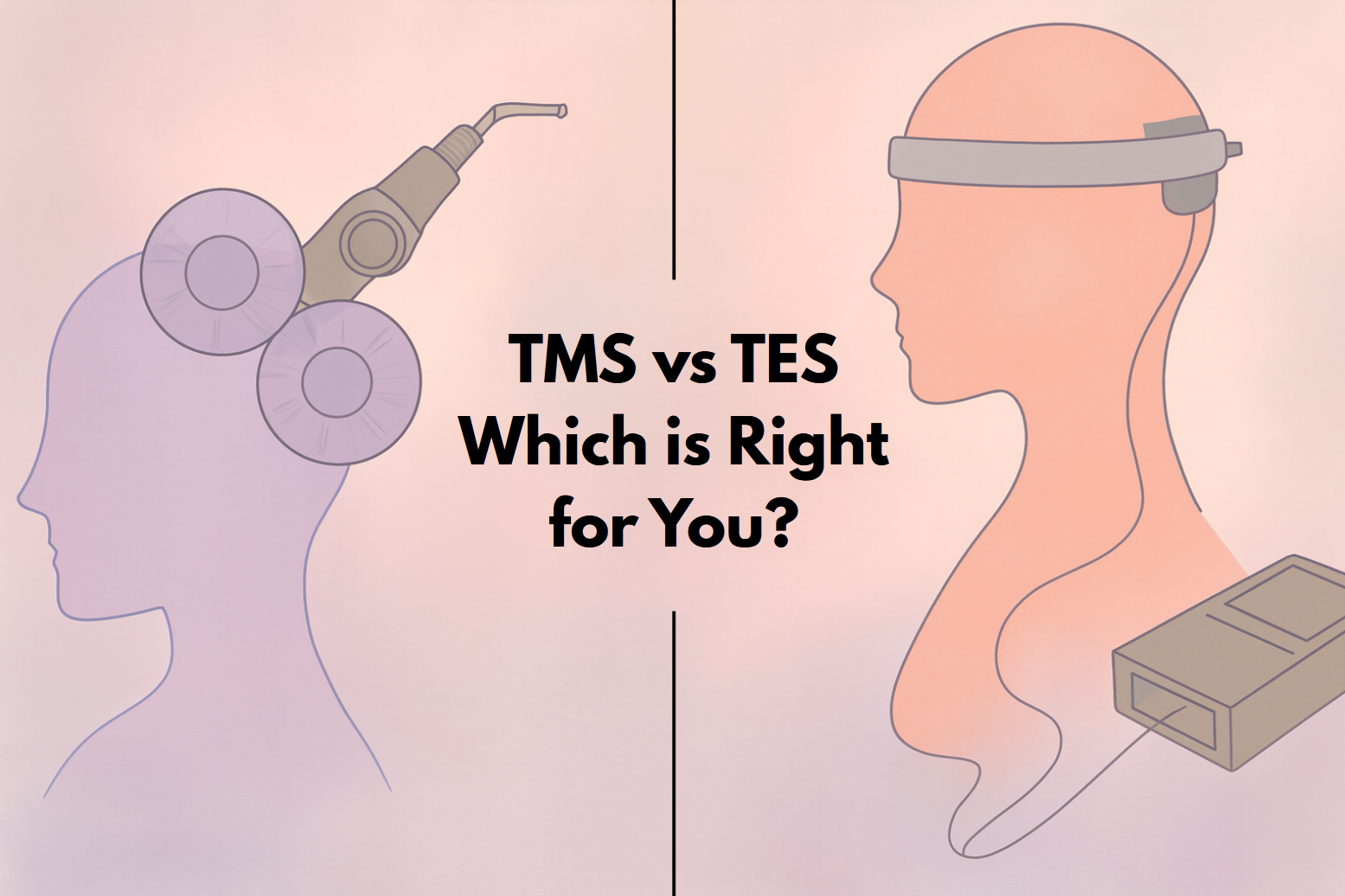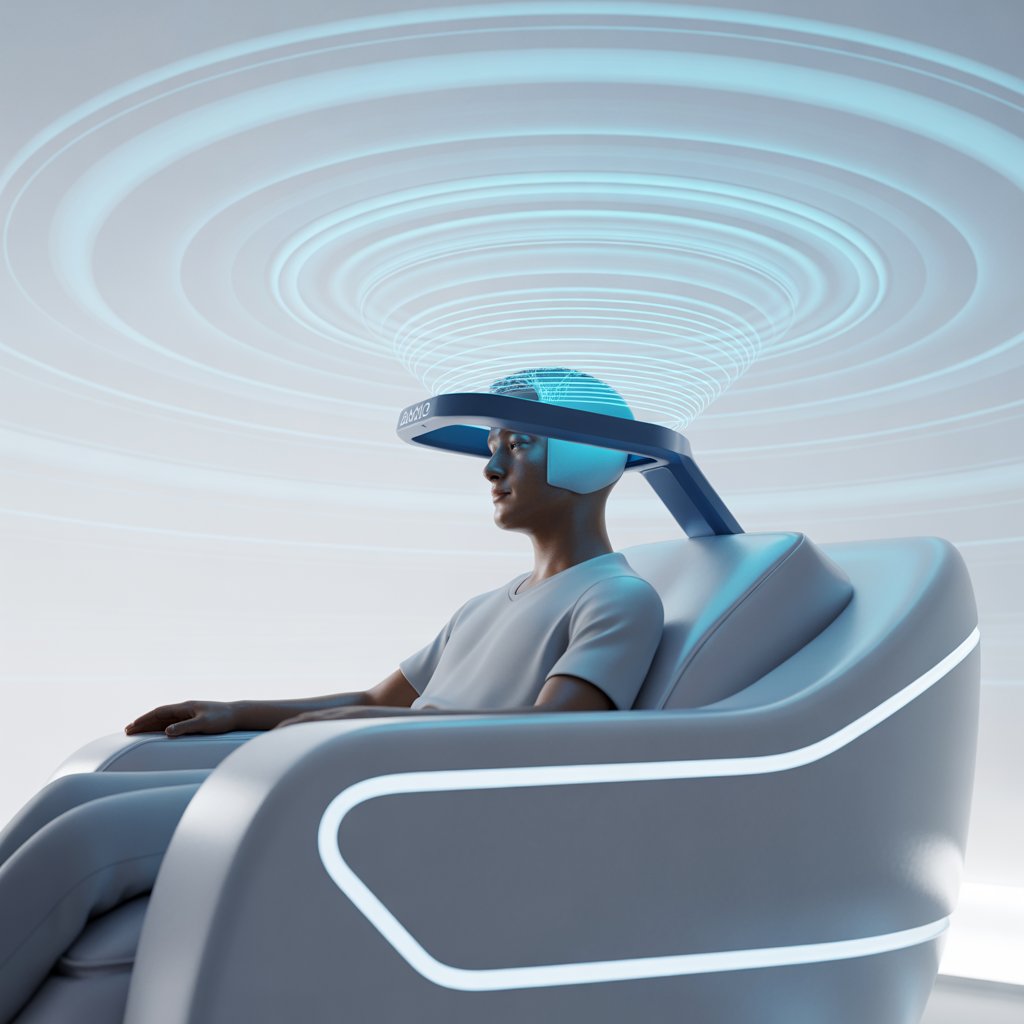TMS therapy is an innovative treatment for mental health, but many wonder about its safety, especially concerning seizures. In this guide, we’ll take a closer look at the connection between TMS therapy and seizures, helping you understand the risks and make informed decisions.
What is TMS Therapy?
Transcranial Magnetic Stimulation (TMS) is a non-invasive treatment used primarily for depression that doesn’t respond well to other therapies, like medication. TMS therapy involves placing a magnetic coil against your scalp to send pulses into specific parts of the brain, encouraging activity where it’s lacking. This makes it a good option for individuals battling mental health challenges, especially when other treatments fail.
How Does TMS Therapy Work?
The magnetic pulses used in TMS help to stimulate nerve cells that regulate mood and emotions. Essentially, it “wakes up” areas of the brain that may be underactive. Unlike medications that affect the whole body, TMS targets specific brain regions, reducing potential side effects and offering a non-systemic treatment approach.
TMS Therapy and Seizures: What’s the Link?
Explore the rare but possible link between TMS therapy and seizures, addressing concerns and highlighting its low-risk profile compared to other treatment options.
Can TMS Therapy Cause Seizures?
One of the primary concerns people have about TMS therapy is whether it can trigger seizures. The simple answer is that it is possible, but the risk is very low. Seizures are the most serious potential side effect of TMS therapy, but they are also extremely rare.
The risk of seizures during TMS therapy is estimated to be less than 0.1% – meaning that fewer than 1 in 1,000 people might experience a seizure. This makes TMS safer than many other treatment options, such as electroconvulsive therapy (ECT), which has a higher seizure risk.
Who Might Be at Greater Risk of Seizures from TMS Therapy?
While the overall risk is minimal, certain factors can increase the likelihood of a seizure occurring during TMS therapy. Understanding these risk factors helps to determine if you might be more susceptible to complications.
- History of Epilepsy or Seizures: Individuals with a personal or family history of epilepsy may be more prone to experiencing seizures from TMS therapy.
- Certain Medications: Medications that lower the seizure threshold, such as certain antidepressants, stimulants, or antipsychotic drugs, can increase the risk.
- Neurological Conditions: People with other neurological conditions, such as brain injuries or tumors, may have a slightly higher risk.
- Substance Use: Alcohol or drug use can also increase seizure risk, especially if used during the TMS treatment period.
TMS Therapy Seizure Risk: How Significant Is It?
Understanding the seizure risk in TMS therapy is essential for informed decisions. This section explores the rarity of seizures, supported by statistics and safety measures in modern practices.
TMS Therapy Seizure Risk in Numbers
The risk of seizures during TMS therapy is considered very low. According to studies, the incidence rate is approximately 1 in 30,000 treatments. This means that most individuals who undergo TMS therapy do not experience seizures. For context, the risk is lower than that of some medications prescribed for depression and anxiety.
Moreover, modern TMS machines are designed with safety protocols that reduce the risk of complications. The healthcare provider will also assess each patient to ensure they are a suitable candidate for TMS, minimizing risks as much as possible.
Why Are Seizures a Risk in TMS Therapy?
TMS therapy uses magnetic fields to stimulate the brain, which is why there is a potential seizure risk. The stimulation can sometimes cause abnormal electrical activity, leading to a seizure. However, the magnetic pulses used are carefully controlled and targeted to minimize such risks.
The risk is higher in individuals who have factors like epilepsy or a history of seizures, as their brains are already prone to abnormal electrical activity.
What Happens If a Seizure Occurs During TMS Therapy?
If a seizure does occur during a TMS session, the healthcare team is trained to handle it immediately. TMS therapy is usually performed in a medical setting, where providers can quickly attend to the patient and ensure their safety. The seizure is typically short and does not lead to long-term health issues.
Safety Measures to Minimize Seizure Risks
To ensure the safety of TMS therapy and minimize the risk of seizures, clinics follow strict protocols:
- Patient Screening: Before starting TMS therapy, a thorough medical evaluation is conducted. This screening helps identify any potential risk factors, such as a history of epilepsy or current medications.
- Controlled Magnetic Pulses: The magnetic pulses are carefully controlled, and the intensity can be adjusted based on the individual’s tolerance.
- Monitoring During Sessions: During each session, healthcare providers closely monitor the patient for any signs of discomfort or unusual reactions.
Who Should Avoid TMS Therapy?
Although TMS therapy is safe for most people, it’s not suitable for everyone. People with the following conditions should avoid TMS therapy or proceed with caution:
- Individuals with Metal Implants: TMS therapy involves strong magnetic fields, which can interfere with metal implants in the head, such as cochlear implants or aneurysm clips.
- People with Uncontrolled Epilepsy: Those with frequent, uncontrolled seizures should avoid TMS, as the risk of inducing a seizure may be higher.
- Pregnant Women: There isn’t enough research on the effects of TMS therapy on pregnancy, so it’s often recommended to avoid it during this period.
Studies on TMS Therapy and Seizure Risk
Research on TMS therapy shows that it is generally safe, with a very low incidence of serious side effects like seizures. In a study involving over 10,000 TMS sessions, only a handful of cases reported seizures, most of which were linked to underlying risk factors that were not disclosed or identified beforehand.
Another study comparing TMS with other depression treatments found that TMS has one of the lowest risks for inducing seizures, especially compared to more invasive procedures like electroconvulsive therapy (ECT).
Comparing TMS Therapy with Other Treatments
- Electroconvulsive Therapy (ECT): ECT, another treatment for severe depression, involves inducing seizures intentionally as part of the treatment. Compared to ECT, TMS has a much lower seizure risk and is less invasive.
- Antidepressant Medications: Some antidepressants also carry a risk of seizures, particularly at high doses. Compared to these medications, TMS therapy offers a localized treatment approach with a lower overall seizure risk.
Is TMS Therapy Safe for People with Epilepsy?
Exploring the safety of TMS therapy for individuals with epilepsy, this section highlights potential risks, considerations, and the importance of personalized medical evaluation before treatment.
TMS Therapy and Epilepsy
For individuals with epilepsy, TMS therapy might not be recommended. Since epilepsy already involves abnormal electrical activity in the brain, introducing magnetic stimulation can increase the likelihood of triggering a seizure. However, each case is different, and healthcare providers will evaluate the individual’s medical history to make the best recommendation.
For those with a stable condition and under the supervision of a neurologist, TMS might still be an option, but it requires careful consideration and thorough risk assessment.
Alternatives to TMS Therapy for Those at Risk
If you are at high risk for seizures and TMS therapy is not an option, there are alternative treatments to consider:
- Medication: Antidepressants, mood stabilizers, or antipsychotics can be used, although they may come with their side effects.
- Psychotherapy: Cognitive Behavioral Therapy (CBT) and other forms of talk therapy are non-invasive and can be effective in treating depression and anxiety.
- Lifestyle Changes: Exercise, a balanced diet, proper sleep, and stress management techniques can also help improve mental health without the risk of seizures.
What to Expect from TMS Therapy Sessions
During a TMS therapy session, you will sit in a comfortable chair while a technician places the magnetic coil on your head. The treatment is non-invasive, and many patients describe the sensation as a tapping or knocking feeling. Sessions typically last between 20-40 minutes, and you can resume your regular activities immediately after.
Healthcare providers will monitor you throughout the session to ensure everything goes smoothly. If you feel any discomfort or unusual symptoms, it’s essential to communicate this to the provider right away.
Summary: Weighing the Risks and Benefits
TMS therapy offers hope to many individuals struggling with treatment-resistant depression and other mental health issues. While there is a risk of seizures, this risk is shallow, especially compared to other treatments. By understanding the factors that increase seizure risk and working closely with a healthcare provider, most people can safely undergo TMS therapy without complications.
If you’re considering TMS therapy and are worried about the potential for seizures, discuss your concerns with your healthcare provider. They can help evaluate your medical history, discuss alternatives, and guide you toward the best treatment option for your needs.
Take the First Step Towards Better Mental Health
If you’re considering TMS therapy and want to learn more, our team at American TMS Clinics is here to help. Visit American TMS Clinics or call us today to schedule a consultation.





